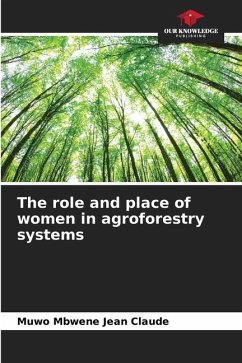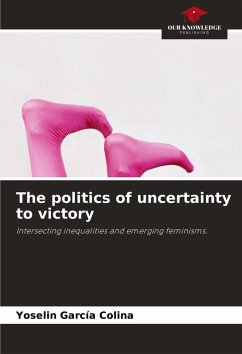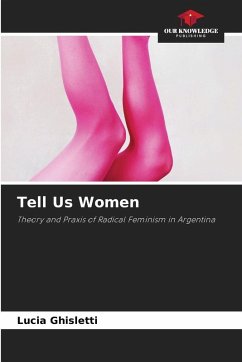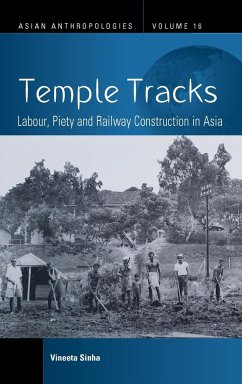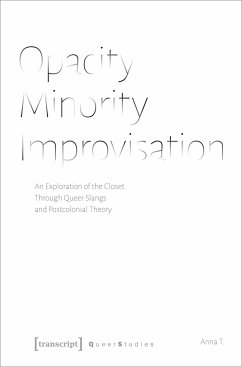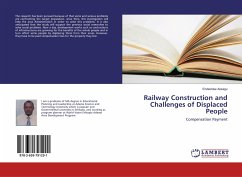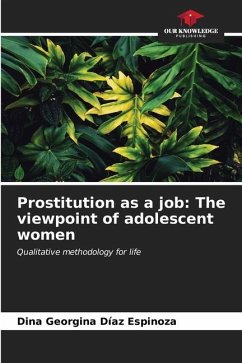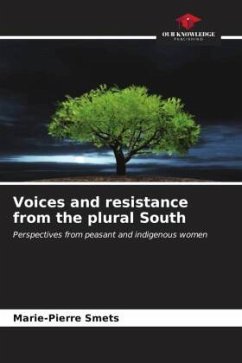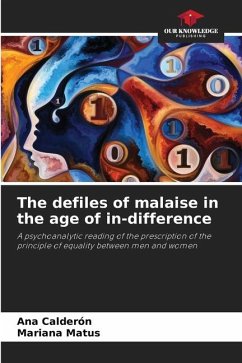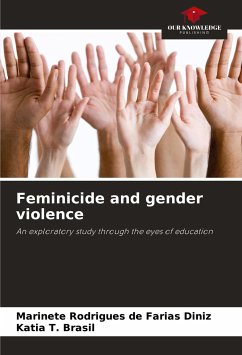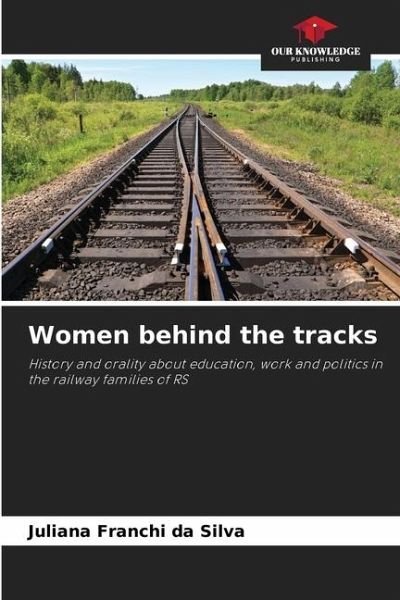
Women behind the tracks
History and orality about education, work and politics in the railway families of RS
Versandkostenfrei!
Versandfertig in 6-10 Tagen
41,99 €
inkl. MwSt.

PAYBACK Punkte
21 °P sammeln!
For a long time, women were seen as ancillary, secondary and inferior "beings" in the Brazilian labour movement and in society as a whole. This research aims to show that in the railway workers' milieu of Rio Grande do Sul they have gained significant space and visibility in the social spectrum. The object of this study is to look into the possible political and religious influences on families in the railway workers' milieu of Rio Grande do Sul, particularly Positivism, Labourism and Catholic Theology, with regard to the social experiences of women, focusing in particular on their daily work ...
For a long time, women were seen as ancillary, secondary and inferior "beings" in the Brazilian labour movement and in society as a whole. This research aims to show that in the railway workers' milieu of Rio Grande do Sul they have gained significant space and visibility in the social spectrum. The object of this study is to look into the possible political and religious influences on families in the railway workers' milieu of Rio Grande do Sul, particularly Positivism, Labourism and Catholic Theology, with regard to the social experiences of women, focusing in particular on their daily work and education. In order to carry out the research, it is proposed that the methodology include contributions from oral history, because until recently women's history was ignored by historians and social analysts, partly because their lives, linked to the home or to unorganised or temporary work, very often went undocumented. In short, history continues to be made and women continue to liberate/emancipate themselves.



